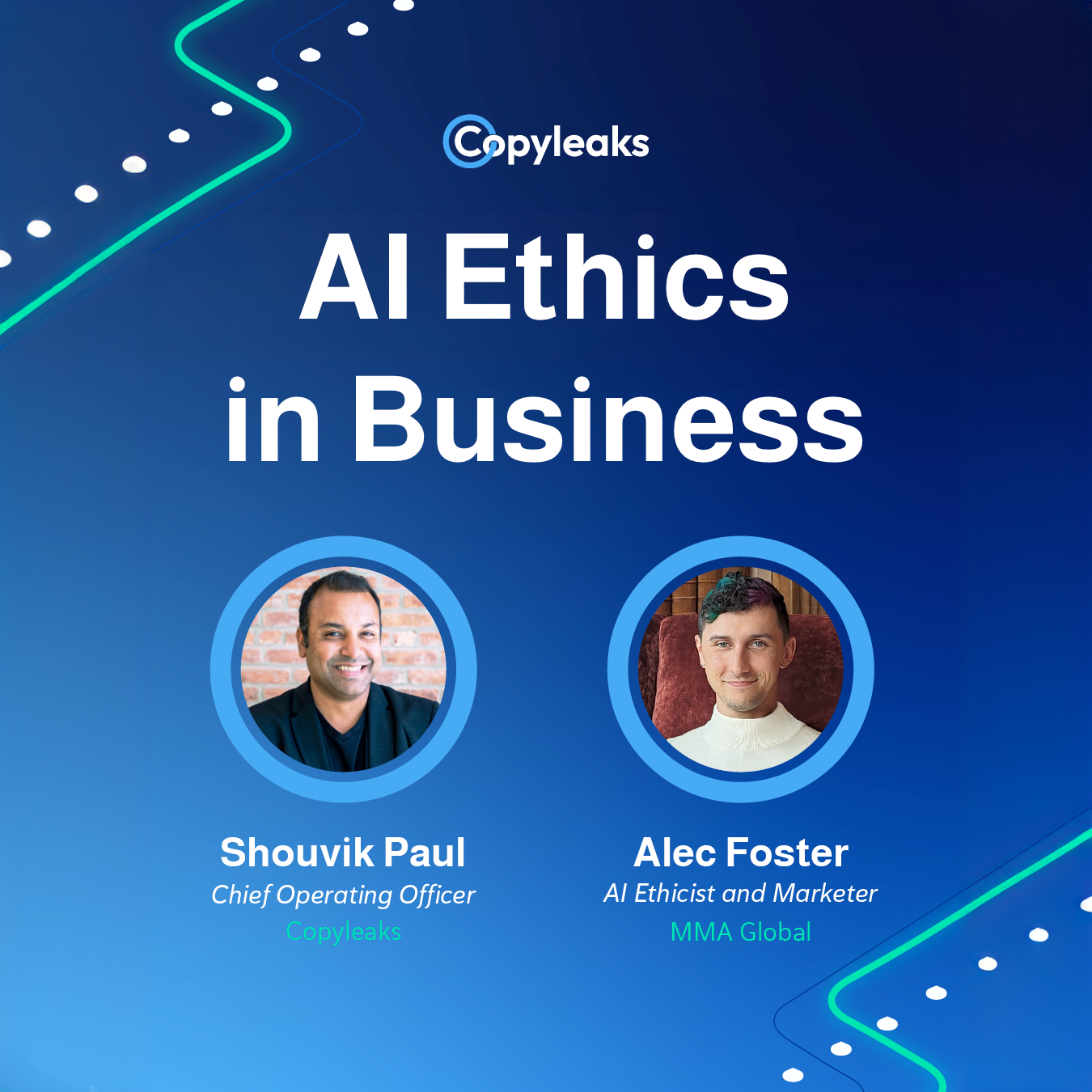Home ➤ Blog ➤ Generative AI ➤ The Role of AI in Shaping the Future of Work

The Role of AI in Shaping the Future of Work
Alec Foster • 2023-01-05
Generative AI, Employment
The advent of artificial intelligence (AI) is rapidly transforming the nature of work and will continue to be a critical force in shaping the future of labor. In industries such as transportation and agriculture, AI holds the potential to enhance efficiency and mitigate the need for human labor.
For instance, the integration of autonomous vehicles in transportation can potentially lead to a more streamlined and safer road network, as AI systems can respond more promptly to shifting traffic conditions and potentially decrease the number of accidents resulting from human error. In agriculture, AI-driven optimization of irrigation and fertilization techniques can result in improved crop yields and reduced resource consumption.
However, the use of AI in these industries also entails a plethora of ethical considerations. One of the primary concerns is the possibility of AI automating certain jobs, which could result in the displacement of human workers. This could have substantial economic consequences, particularly for low-skilled workers who may struggle to secure new employment. It is incumbent upon companies implementing AI in these industries to carefully consider the impact on employment and take necessary measures such as retraining and transition programs to mitigate any negative effects.
Another ethical concern is the likelihood of AI perpetuating and amplifying biases present in the data it is trained on. For instance, if AI is utilized to optimize routes for delivery trucks, and it is trained on data that is biased against certain neighborhoods, it may disproportionately affect those neighborhoods negatively. This could perpetuate systemic discrimination and inequality. It is crucial for companies implementing AI in these industries to regularly review and audit the data used to train algorithms to ensure its absence of bias.
Moreover, the use of AI in these industries can lead to the privatization of decision-making, with algorithms being owned and controlled by private companies. This could create conflicts of interest and further erode the transparency and accountability of the decision-making process. Companies implementing AI in these industries must be transparent about their usage of the technology and promote public oversight.
The use of artificial intelligence in industries such as transportation and agriculture has the potential to bring about significant improvements in efficiency and resource use. However, it is important to consider the potential ethical implications of such technology, including the potential displacement of human workers, the perpetuation of biases present in the data, and the privatization of decision-making. Companies implementing AI in these industries must take steps to mitigate these negative consequences and promote transparency and accountability in the decision-making process. It is crucial that we approach the integration of AI in these industries with a mindful and ethical lens, so that the benefits of this technology can be realized while avoiding any potential harm to society.


